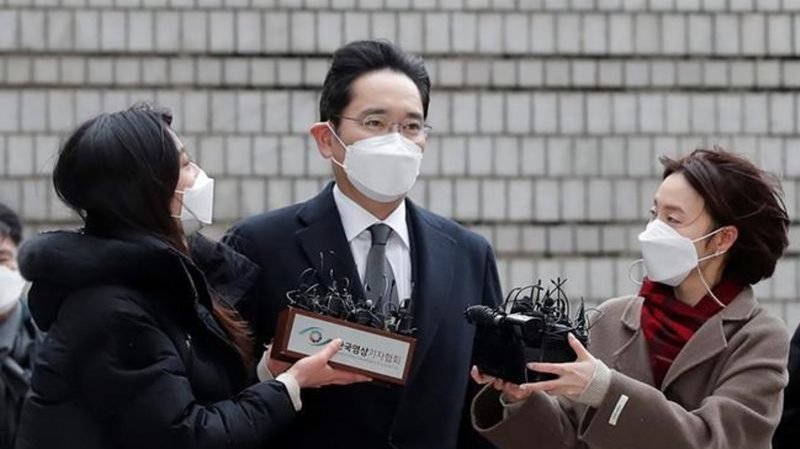
Samsung scion Lee won’t appeal prison sentence for bribery
SEOUL, Korea, Republic Of — Samsung scion Lee Jae-yong and prosecutors have decided not to appeal a court ruling that convicted him for bribing South Korea’s former president for business favours, confirming a prison term of two and a half years for the country’s most influential corporate leader, according to lawyers and court officials on Monday.
But Lee’s legal troubles aren’t over. He has been indicted separately on charges of stock price manipulation, breach of trust and auditing violations related to a 2015 merger between two Samsung affiliates. The deal helped strengthen Lee’s control over Samsung’s corporate empire.
The bribery allegation involving Lee was a key crime in the 2016 corruption scandal that ousted Park Geun-hye from the presidency and sent her to prison.
In a much-anticipated retrial of Lee last week, the Seoul High Court found him guilty of bribing Park and one of her close confidantes to win government support for the contentious merger between Samsung C&T and Cheil Industries, which helped strengthen Lee’s control over Samsung’s business empire.


